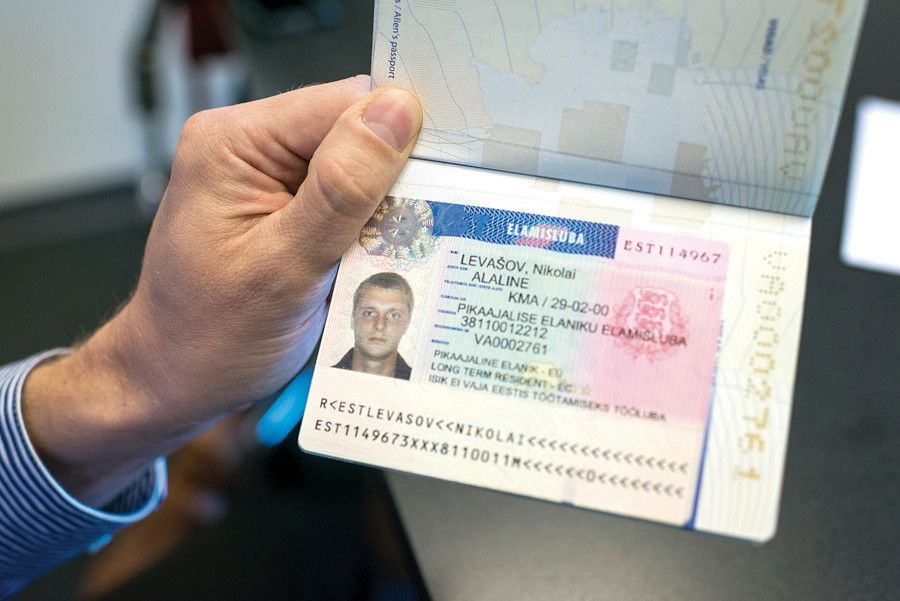Some Riverdalians must cope with stateless status
Nikolai Levashov immigrated to the United States from Estonia about a decade ago, on a student visa. In 2007, he renewed his passport at the Estonian consulate in Los Angeles. The document would be good for another five years, so he promptly forgot about it.
But the next time he tried to renew his passport — this time at the New York City consulate, he was turned away. He was told he could only renew it in Estonia.
The reason? The passport, which he showed The Press, he holds is not a true Estonian passport. Instead, the current Riverdale resident has an “alien’s passport,” a travel document the Estonian government issued to many of the ethnic Russians who found themselves living in Estonia after the fall of the Soviet Union. The alien’s passport gives its holder legal residence in Estonia, but does not grant citizenship, rendering them stateless. According to the United Nations Commissioner for Refugees, about 91,000 stateless people currently live in Estonia.
Most people are stateless because of war in their homeland, like the Rohingya minority who live in Bangladesh and Myanmar and are heavily persecuted. Many others are stateless because their country no longer exists; this happened on a huge scale when the Soviet Union broke up in 1991. According to the best estimates, there are about 10 million stateless people worldwide, said Maryellen Fullerton, a professor at Brooklyn Law School and an expert in refugee and asylum law.
“From the estimates I’ve seen… roughly 4,000 people in the U.S. might be stateless,” she said. “That’s a relatively small number, but if you’re one of the 4,000, it doesn’t seem small at all.”
Statelessness is not often an issue in the U.S. because citizenship comes from being born on American soil, not through parental lineage, Ms. Fullerton explained. Stateless people have no special recourse to a path to citizenship unless they can also prove to a judge they qualify for asylum.
Stateless people often have nowhere to go when their visa runs out. So in the U.S., they are stuck in limbo. They cannot travel and they cannot work without special authorization.









